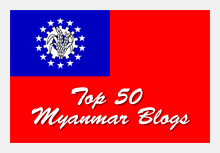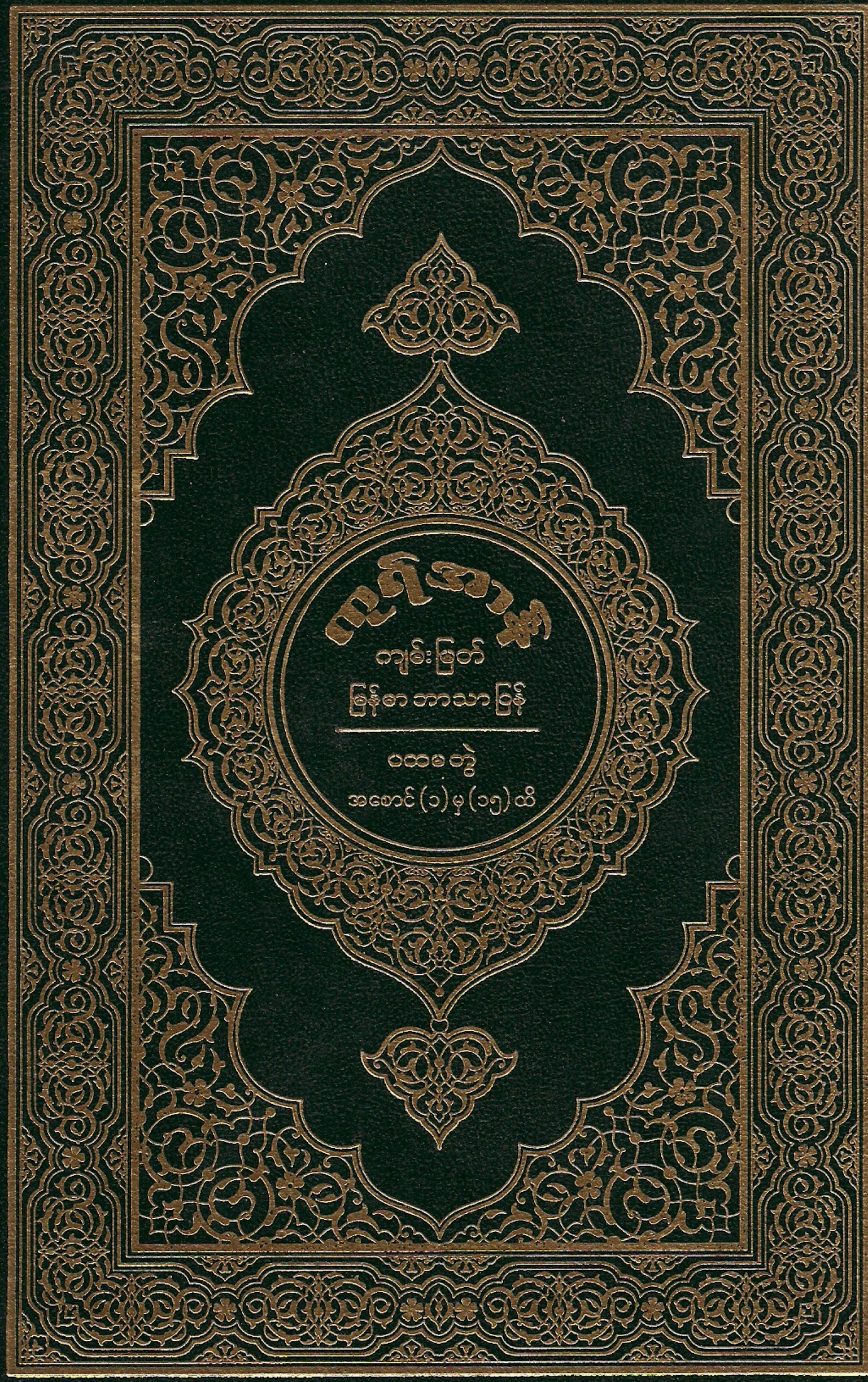Racial profiling
Racial profiling is the inclusion of racial or ethnic characteristics in determining whether a person is considered likely to commit a particular type of crime or an illegal act (see Offender Profiling). Towards the end of the 20th century in theUnited States, the practice became controversial among the general public as the potential for abuse by law enforcement came to light.
Civil rights advocates are against the use of racial profiling tactics by the police. Some argue that the disproportionate number of convicted minorities is due to “racial profiling”.
Conversely, it is argued that including race as one of the several factors in suspect profiling is generally supported by the law enforcement community within the Western world. It is claimed that profiling based on any characteristic is a time-tested and universal police tool, and that excluding race as a factor is insensible.
Motor vehicle searches and racial profiling
Motor vehicle searches are one possible application of racial profiling. In the United States black drivers are much more likely to have their car stopped and searched than white drivers. One explanation for this observation is that police officers have a racist preference, making them more likely to search a car driven by a black motorist. An alternative explanation is that police officers target not race but certain characteristics that are only correlated with race. This is also related to the hypothesis that police officers have no racial preferences and only maximize the probability of a successful search. If black motorists are more likely to carry contraband or illegal drugs racial profiling may lead to a higher probability of successful searches.
At least for the state of Maryland data suggests that the probability of a successful search is very similar across races. This suggests that police officers are not motivated by racial preferences but by the desire to maximize the probability of a successful search. In fact, data suggests that the probability of finding contraband in excess of a high threshold is higher for black motorists, implying a bias against white drivers.
Criticism
Critics argue that race should:
- never be considered for any reason in a police action (save the exceptions made below).
- never be considered the primary or motivating factor for suspicion.
- only be considered when it is used to describe a specific suspect in a specific crime and only when used in a manner like other physical descriptions (e.g., hair color, weight, distinguishing marks). This is often referred to as the “be on the lookout” (B.O.L.O.) exception.
- even if race could be helpful, use of race may cause many more errors where the actual offender happened not to fit the race predicted by the model and law enforcement fails to capture the suspect.
It is sometimes necessary to consider racial factors in a way that may not be immediately apparent from the above when dealing with hate crimes and the like, though it is very rare to think of situations where racial profiling would aid police decision making in this context.
Some groups argue[who?] that if a disproportional number of members of a race are, for example, stopped, searched, or arrested, compared to the general population or to other races, it is due to discrimination. In the United States, the government does not have the right to conduct racial profiling. The Fourth Amendment of the U.S. Constitution guarantees the right to be safe from unreasonable search and seizure without probable cause. Since the majority of people of all races are law-abiding citizens, merely being of a race which a police officer believes to be more likely to commit a crime than another is not probable cause. In addition, the Fourteenth Amendment of the U.S. Constitution requires that all citizens be treated equally under the law. It has been argued that this makes it unconstitutional for a representative of the government to make decisions based on race. This view has been upheld by the U.S. Supreme Court in Batson v. Kentucky and several other cases.
Some groups also argue[who?] that police who focus their limited attention on one racial group allow criminals from other racial groups to go free. Critics claim racial profiling prevailed in the 1995 Oklahoma City bombing, as law enforcement initially focused time and resources on two men of Middle Eastern descent (though Timothy McVeigh was identified and arrested less than two days after the attack).
In Los Angeles in December 2001, a man of Middle Eastern descent named Assem Bayaa cleared all the security checks in the airport. He was an American citizen and he got on a plane to New York. He had barely gotten settled in his seat when he was told that he made the passengers uncomfortable by being on board the plane. Once Bayaa got off the plane, he wasn’t searched or questioned any further. The only consolation he was given was a boarding pass for the next flight to New York. The luggage he had checked wasn’t even taken off the plane he was originally on. He filed a lawsuit on the basis of discrimination against United Airlines, who filed a counter motion. The motion was dismissed on October 11, 2002. The district judge ruled that a pilot’s discretion “does not grant them a license to discriminate” (The Advocate, Santa Clara University School of Law Newsletter). While an example of prejudice and discrimination, this incident was an act by private individuals, and did not involve a government agency as decision makers. It can, however, be shown to illustrate the potential toward abuse of racial profiling.
Racial profiling involves police use of race as a key factor in decisions to stop and interrogate people. More specifically, it can be defined as “the practice of constructing a set of characteristics or behaviors based on race and using that set of characteristics to decide whether an individual might be guilty of some crime and therefore worthy of investigation or arrest” (McGraw Hill Online Learning Center). In airports, racial profiling is sometimes used to pick who to search more carefully and extensively than everyone else. If a person’s physical features look like those specific to someone of Middle Eastern descent, then they’re generally more likely to be stopped and searched thoroughly than someone who has the physical features of a European person. It has also been pointed out that many Arabs and South Asians resemble South (and occasionally even North) Europeans. On the other hand, confusions with Latin Americans and Caribbean people with Arabs is very common at Airports. The constitutional basis for racial profiling has been a point of considerable discussion.
United States
In the United States, the term “racial profiling” has often been paired with accusations of racial discrimination againstblacks, hispanics, and other minorities, particularly by police.[citation needed] It is one type of racially biased policing. Racially biased policing includes other practices such as discriminatory treatment of racial and ethnic minorities not based on profiling, and differential police practices in neighborhoods populated by minorities compared to neighborhoods populated by whites (Weitzer and Tuch 2006).
According to some advocates, only the non-racial factors are justified in suspect profiling; police should ignore any ethnic or racial information they have on people involved in the illegal drug trade. These advocates regard the inclusion of racial characteristics, even as one of several factors as “racial profiling” and oppose it. Most Americans oppose domestic (non airline) racial profiling. In a 2002 poll, for instance, 73 percent of European Americans and 91 percent of African Americans disapproved of racial profiling by the police (Weitzer and Tuch 2006).
Organizations such as NAACP and the ACLU are against “racial profiling.” They state that profiling based exclusively on race singles out minorities such as African-Americans and those of Hispanic descent. Some also take issue with the police having the prerogative to use race as a factor, as this leaves minorities little recourse if unfairly harassed by police.[citation needed]
Many people blamed racial profiling for the shooting of Amadou Diallo by the New York City Police Department. The officers involved claimed they had mistaken Diallo for a wanted rapist. Critics feel that the police were suspicious of Diallo simply because he was a black man walking down the street after midnight.[citation needed]
In the wake of the September 11, 2001 attacks the issue of “racial profiling” has become political, as the urgency of preventing terrorists from boarding aircraft has again risen.
According to a Gallup poll conducted shortly after 9/11, 71 percent of blacks, and 57 percent of whites, supported racial profiling of Arabs and South Asians at airport security checkpoints.[3]Another poll conducted in 2002 by the survey group Public Agenda found that in the post-9/11 world the public rejected some forms of racial profiling more strongly than others. The survey found 52 percent said there was “no excuse” for profiling of blacks, but two-thirds said profiling of Arabs and South Asians was “understandable, but you wish it didn’t happen.”[2] Even so, the survey found most people were uncomfortable with blatant profiling of Arabs or South Asian airline passengers.[3] Racial profiling has become an oversimplified focus of discussion;[citation needed] more recently, productive alternatives including passport profiling, behavior profiling and age profiling have become topics of consideration.[citation needed]
Racial profiling has been in use on stopping illegal immigration targeting mostly Hispanics suspected of being in the country illegally. It especially came in light of a recent political debate that started back in 2006. In Maricopa County, Arizona it has been used by Sheriff’s Department headed by Joe Arpaio to arrest illegal immigrants creating fear in the Hispanic community.
Some statistics from the US and Canada indicate that Asians are among the least arrested by police, proportionally.[citation needed] The numbers of course differ depending on how one defines Asian.
In the late 1990s, the Maryland and New Jersey State Police agencies was rocked by a racial profiling scandal. Allegations were made that black motorists were being pulled over disproportionately on the New Jersey Turnpike and onInterstate 95, for no reason other than race alone. In New Jersey many rank-and-file state troopers testified that their supervisors had ordered them to engage in this practice. A nationwide scandal erupted, which ultimately resulted in a federal monitor watching over the New Jersey State Police. In a “consent decree,” the New Jersey State Police agreed to adopt a new policy that no individual may be detained based on race, unless said individual matches the description of a specific suspect.[4][5] In Maryland the state reached a settlement to pay the victims for the incident.[citation needed]
United Kingdom
The Sus law was a controversial law in the 80s that some accused of being a tool for police brutality against black people.[citation needed]
Canada
Accusations of racial profiling of visible minorities who accuse police of targeting them due to their ethnic background is a growing concern in Canada. In 2005, the Kingston Police Department released the first study ever in Canada which pertains to racial profiling. The study focused on in the city of Kingston, a small city where most of the inhabitants are white. The study showed that black skinned people were 3.7 times more likely to be pulled over by police than white skinned people, while Asian people were less likely to be pulled over than whites or blacks. [6] Several police organizations condemned this study and suggested more studies like this would make them hesitant to pull over visible minorities.
In 2003, Professional Boxer Kirk Johnson launched a Human Rights Inquiry against the Halifax Regional Police based on Racial Profiling. During the inquiry Johnson claimed that he had had his car stopped 28 times over five years while inHalifax. Johnson was awarded $10,000 in damages, in addition to $4,790 to cover his travel expenses. The police service was also ordered to create a scholarship in Johnson’s name
Racial profiling in health and medicine
Racial profiling can occur in health and medicine as well. Doctors may engage in racial profiling in order to customize diagnosis. Sally Satel, a doctor and author of “PC, M.D.: How Political Correctness Is Corrupting Medicine,” states:
“We do it because certain diseases and treatment responses cluster by ethnicity. Recognizing these patterns can help us diagnose disease more efficiently and prescribe medications more effectively. When it comes to practicing medicine, stereotyping often works.” (2002, “I am a Racially Profiling Doctor”)
In clinical settings, statistical evidence indicates that:
– enalapril, a standard treatment for chronic heart failure, tends to be less helpful to Black people than to Caucasians
– Black people tend to metabolize antidepressants (e.g. Prozac) more slowly than Caucasians and Asians
– Asians tend to have a greater sensitivity to narcotics
– Asian males tend to have an unusual propensity for a rare condition in which low potassium causes temporary paralysis
The debate involves the “one-size-fits-all” concept dichotomizing customized prescriptions. The notion of racially profiling in the practice of medicine is contested because it takes into account our genetic differences. However, some argue that it is not in patients’ best interests to deny the reality of differences in genetics.
Adding to the debate is the argument that patterns found in “genetic” differences disregard environmental factors. For example, the high occurrence of hypertension in African-Americans may be due to socio-economic factors as opposed to genetics.
Nonetheless, Mike Bamshad, in his article “Genetic Influences on Health: Does Race Matter?”, contends,” In the end, however, every human being is genetically unique and so must be treated as an individual, not an example of a group defined by geography or race.”
See also
- Affirmative action
- Discrimination
- Driving while black
- Flying while Muslim
- Race and crime
- Race and Inequality
External links
- The Racial Profiling Data Collection Analysis Resource Center at Northeastern University
- Should racial profiling be accepted as a law enforcement practice?
- American Civil Liberties Union assessment of racial profiling
- Definition of Racial Profiling by the American Civil Liberties Union
- An Investigation by the Joint Legislative Task Force on Government Oversight into Racial Profiling Practices by the California Highway Patrol as part of a program known as Operation Pipeline
- Bureau of Justice Criminal Offender Statistics and here
- Rational Profiling in America’s Airports (Law Review Article)
- Border Action Network report (pdf) on racial profiling by US Border Patrol on the US/Mexico border.
- CBC backgrounder on racial profiling in Canada.
- “Ethnic Profiling: A Rational and Moral Framework”, by Robert A. Levy (Cato Institute, October 2, 2001)
- “Racial Profiling in an Age of Terrorism”, By Peter Siggins (Markkula Center for Applied Ethics, March 12, 2002)
- “Bombing Our Illusions”, by Sam Harris (Huffington Post, October 10, 2005)
- “The Ethics of Ethnic Profiling”, by Jonathan Wallace (2007)
From Wikipedia, the free encyclopedia
Filed under: Burma |












+(Small).jpg)


Leave a comment